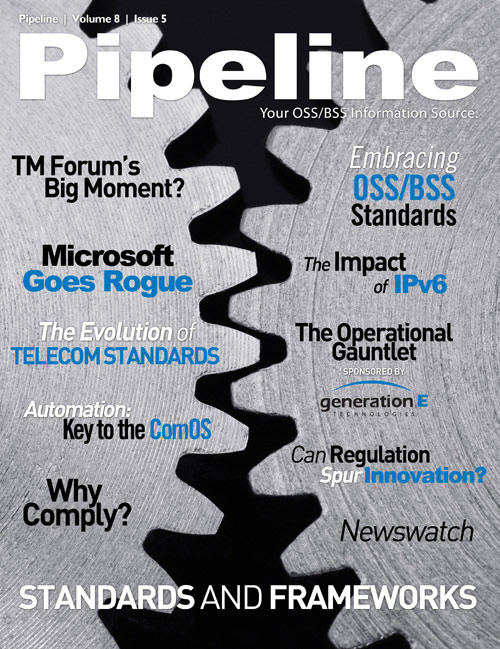By: Tim Young

What’s the relationship between regulation and prosperity?
One popular narrative insists that regulation is the hobgoblin of capitalism and innovative risk-taking, stifling new ideas and creative ventures. (One headline that encapsulates that idea aptly, from a recent FoxNews.com feature, is “ Regulation Nation: Drowning in Rules, Businesses Brace for Cost and Time for Compliance”.)
This is a pretty well-worn path, so I won’t belabor the point. Regulation, like taxation, is squarely in the crosshairs for a sizable portion of the business and political elite.
That way of regulation, however, is but one figurative stall in the elusive marketplace of ideas.
Another way of looking at regulation is that it can actually spur innovation, leading firms to adopt creative new methods for meeting regulatory requirements while simultaneously maintaining, or even growing, profit and market-share.
This viewpoint was summed up pretty well in a Business.view opinion piece that ran in the Economist online a few years back. “THE most important factor,” wrote the author, “that led to America’s stunning success in information technology was not the free market but government regulation,” (Read the full piece here).
It was regulation, the author contends, that split up Ma Bell and IBM, opening up a competitive race in the communications and technology space that propelled the industry into a golden age.
Furthermore, the authors quote economists that assert that while nations like Japan have been impressive in their overall technological output, their ability to innovate in areas like software development due to the tight grip on their economic reigns held by a few major companies.


So that’s the other side of the coin, but it’s not a point I’m compelled to argue either.
There’s a much more straightforward connection between regulation and innovation in the OSS/BSS space, specifically.
Take recent bill shock prevention legislation in the EU (and possible similar regulation in the US, as well, though the FCC has yet to take action on proposals that are over a year old). Call it interference in the free market if you want. Or call it a coup for consumers. But beyond either of these worldviews is a practical consideration: If bill shock prevention is mandated, how do you avoid it?
Current EU regulations require, among other things, warning notifications, cost transparency, and increased ability for customers to set their use limits and other cost controls. These are OSS/BSS issues.
Just ask Ericsson. They explained in a January blog post all about how their end-to-end revenue management solution can meet these needs and more.
And they aren’t alone. Nokia-Siemens Networks has also trumpeted ways of turning legislative compliance into a business opportunity for service providers. Which it may. But the more direct impact is the creation of a business opportunity for these companies and other BSS providers who can help service providers manage compliance with regulation.
Would these service providers have adopted some of the measures covered by the legislation of their own accord? Perhaps, but the legislation itself was the impetus for change for many. European roaming regulations transform bill shock prevention measures from competitive differentiator into a must-have.










